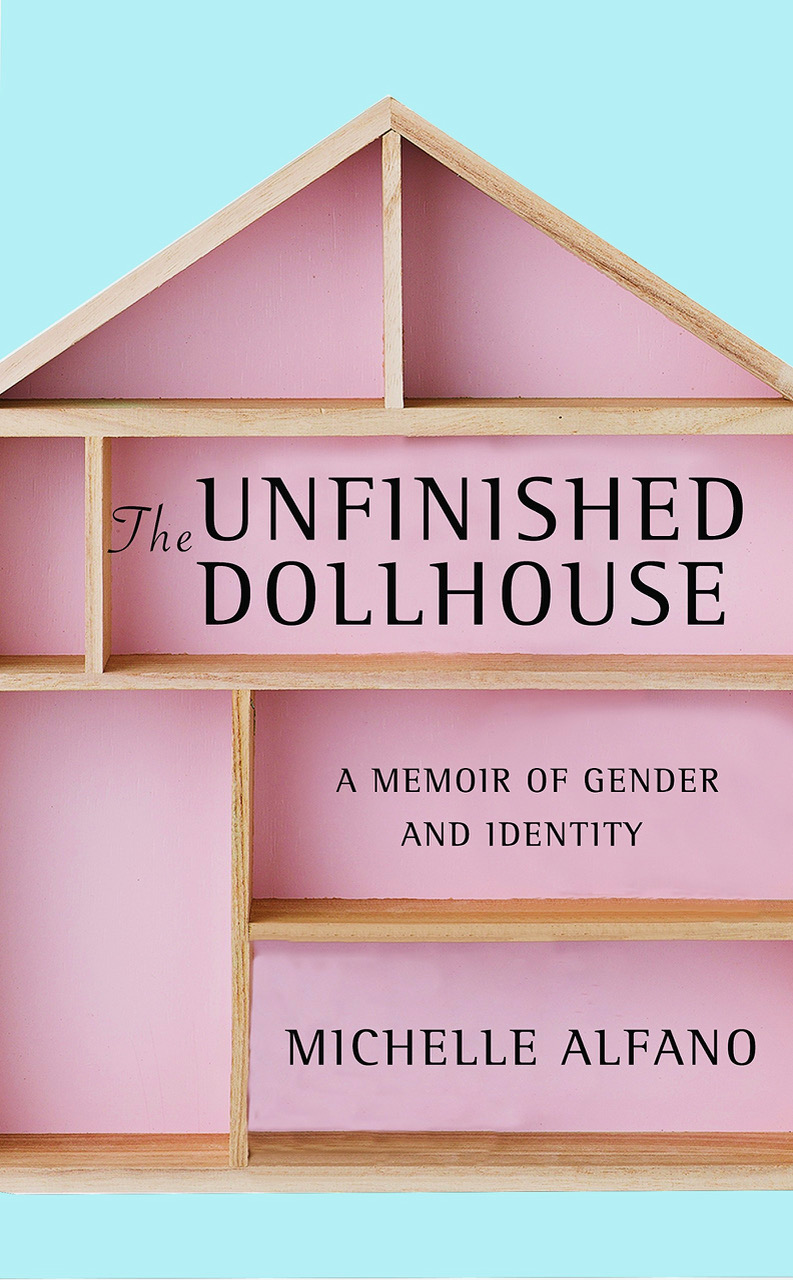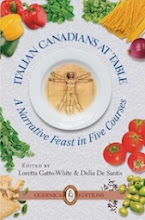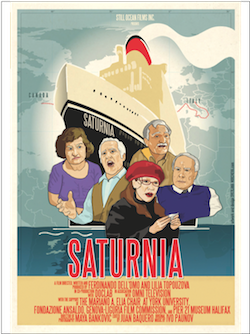
Now in its
fifth season, TIFF's Books on Film brings together book and film lovers to
examine great cinema that began as outstanding literature. Eleanor Wachtel,
host of CBC Radio's Writers & Company, sits down with filmmakers,
authors and experts to discuss the art of adaptation and the sometimes
challenging passage from page to screen. This is the last film of the series in
2015.
Miss Jean
Brodie (portrayed by the inestimable Maggie Smith) is magnificent. She is independent, fiery, intelligent,
sensuous, and if it were not for her disturbing and ultimately destructive
admiration of Fascism she would be near perfect. Those of us who only know Smith as the acerbic dowager from Downton Abbey will be pleased to remember her seductive visage in this film.
A teacher in
Edinburgh, Scotland in the 1930s when Fascism, in the guise of Mussolini, had a
glamorous, if dangerously misguided, sheen for many, she knows that she
is made for greater things and that the girls that she teaches at
the Marcia Blaine School for Girls – the members of the much envied, infamous
"Brodie set" – are made for finer things as well. After all, Miss
Brodie is in her prime and has never been more sublime.
No matter that
Miss Brodie is sometimes controlling and an insufferable snob. Windows opened
more than six inches are vulgar. Rolled up sleeves on girls are common crudely
suggesting washerwomen about to set about their work. No matter that she
manipulates her girls, tortures them emotionally, segregates them by
characteristics that she admires or envies. Sandy (Pamela Franklin), who will
eventually become Miss Brodie’s betrayer is "full of insight" and a
perfect "spy". Jenny (Diane Grayson) who will be “famous” for
sex and Miss Brodie hopes will become
the future lover of one of her own lovers. Mary (Jane Carr) is pitifully
dim-witted and will, of course, die tragically. Monica (Shirley Steedman) is
famous for her "anger", her passion.
Spark comically
highlights the dangers of charisma and passion (an essence of the allure of
Fascism in the 1930's - when even high ranking politicians and British royalty
in the West saw Hitler and Mussolini as bulwarks against the creeping
"evil" of Communism) manifested in the person of Miss Brodie. Her
attraction to power and "beauty" overtake the desire for the common
good, overtake common sense, at times.
Ms. Brodie, who
reputedly had a lover named Hugh who died on Flanders Field during the Great War, juggles
not one but two lovers at the school – the sweet but feckless ginger-haired Mr. Lowther (Gordon Jackson)
who teaches music and singing and the caddish art teacher Teddy Lloyd
(Robert Stephens) who is so prolific in his sexual activity that he has six
children by his wife Deirdre and still aggressively pursues Miss Brodie as well as one of her students.
The director clothes the seductive Smith in vibrant sensual colours illustrating her passionate nature - vibrant reds, lush purples, vivid pinks and oranges - and she starkly stands apart from the other dour, grey-clad school mistresses particularly the unfortunately named Miss Gaunt who does the malicious bidding of the headmistress Miss Mackay (Celia Johnson).
It is this sort
of sexual charisma that alienates some of the other teachers, specifically the
headmistress, who must see to it that this tall poppy is cut down to the
appropriate size. To this end she encourages the girls to spy on Miss Brodie
about her relationship with both men.
In the film, Teddy Lloyd is more obnoxiously portrayed than he is in the novel – he is lecherous
and predatory in the book, yes, but on film we see him physically accost both Jean and
Sandy and force himself on them in a brutal manner. The climate then was such that this behaviour was tolerated along the lines of “they can’t help themselves”. Today we would
have a vastly different perspective on it.
 |
| The magnificent Maggie Smith |
Muriel Spark,
the author, intersperses the narrative set in the present with flashes of the future fates of both
Miss Brodie and the girls and this lends a melancholy air to the book despite
the comedic elements (the film does not include the fate of the girls). In the film we never
learn that Sandy will convert and become a nun, another girl will be a failed actress, etc ... In
the film, the fate of Mary MacGregor is merged with the fate of different girl in
the book who dies on route to fight in the Spanish Civil War, inflamed by Miss
Brodie's exultations about Franco and fascism. But to illustrate the
pernicious nature of Miss Brodie's view, we learn that Mary fled to Spain to fight
with her brother in the mistaken belief that he was fighting with Franco's
forces rather than against him with the Republicans as Sandy so heatedly informs Miss Brodie.
Sandy appears inflamed by sexual jealousy and then the fear of Miss Brodie's
political ideas. But in the novel, Miss Brodie never learns who her betrayer is.
It is a more satisfying denouement in the film when Sandy
openly confronts Miss Brodie and tells her both that she is Teddy Lloyd's lover (not Jenny as Miss Brodie had perversely hoped) and the one who betrayed her to the head mistress. It is clearer in the film
that Miss Brodie is perceived as a dangerous influence and yet Smith's
performance is so nuanced and carefully constructed that we can do little more
than despise the beady-eyed Sandy when she destroys her teacher's future.
We regretfully (and perhaps shamefully) sympathize with Miss Brodie's anguished cries in the halls of Marcia Blaine that the icy Sandy is nothing but an assassin. I couldn't help but hear echoes in her operatic cries of "Assasssin!" in the anguish of traditional Italian operas. She very much reminded me of one of these 19th c. operatic heroines - flawed, tragic and somehow eminently desirable.
 |
| Muriel in her prime |










































